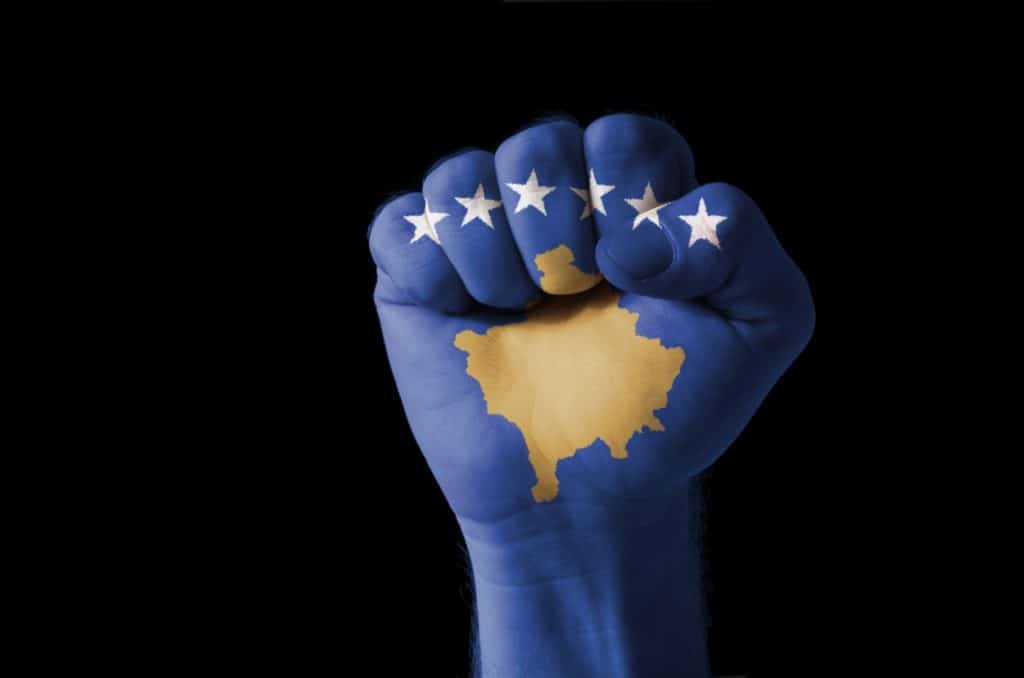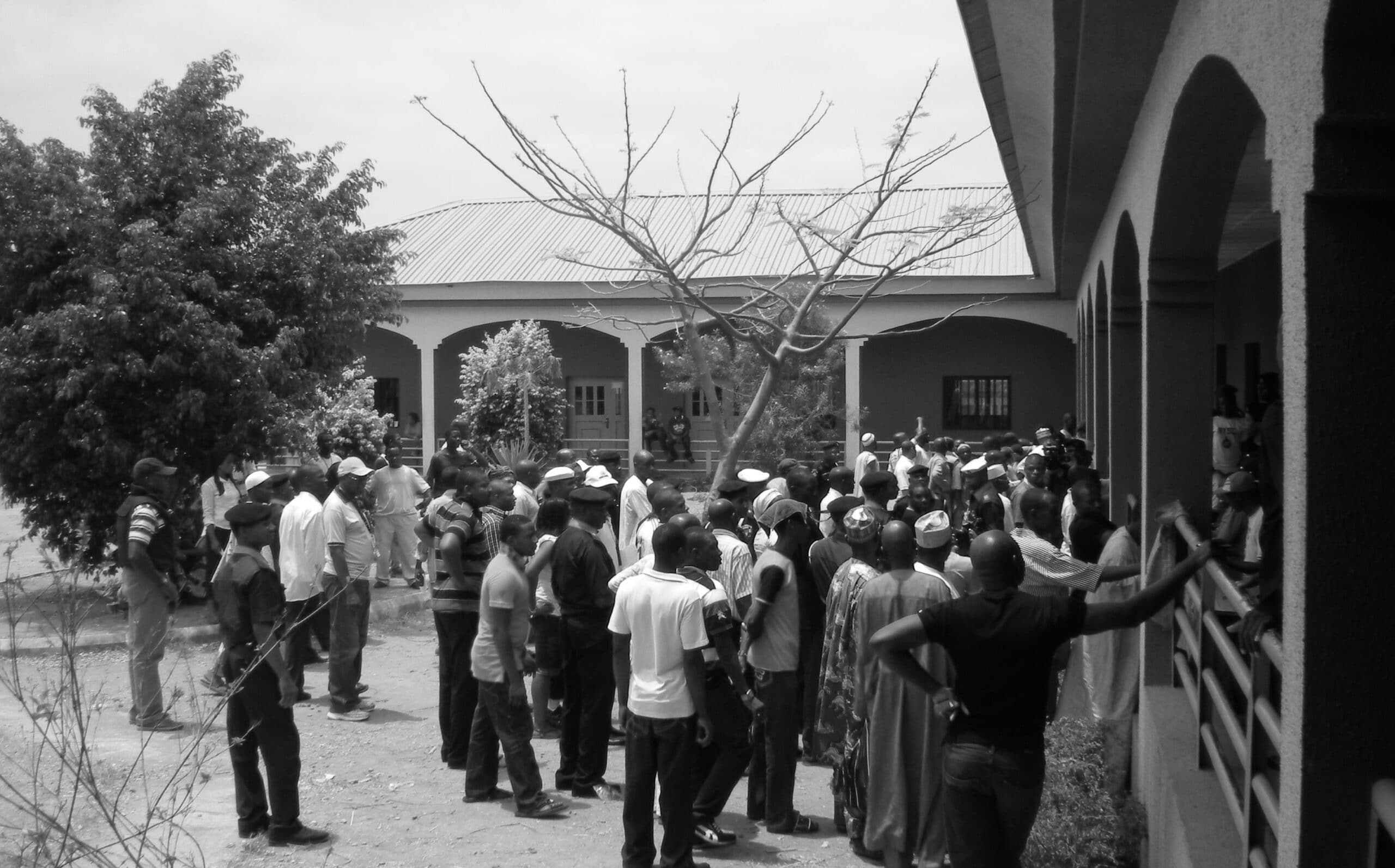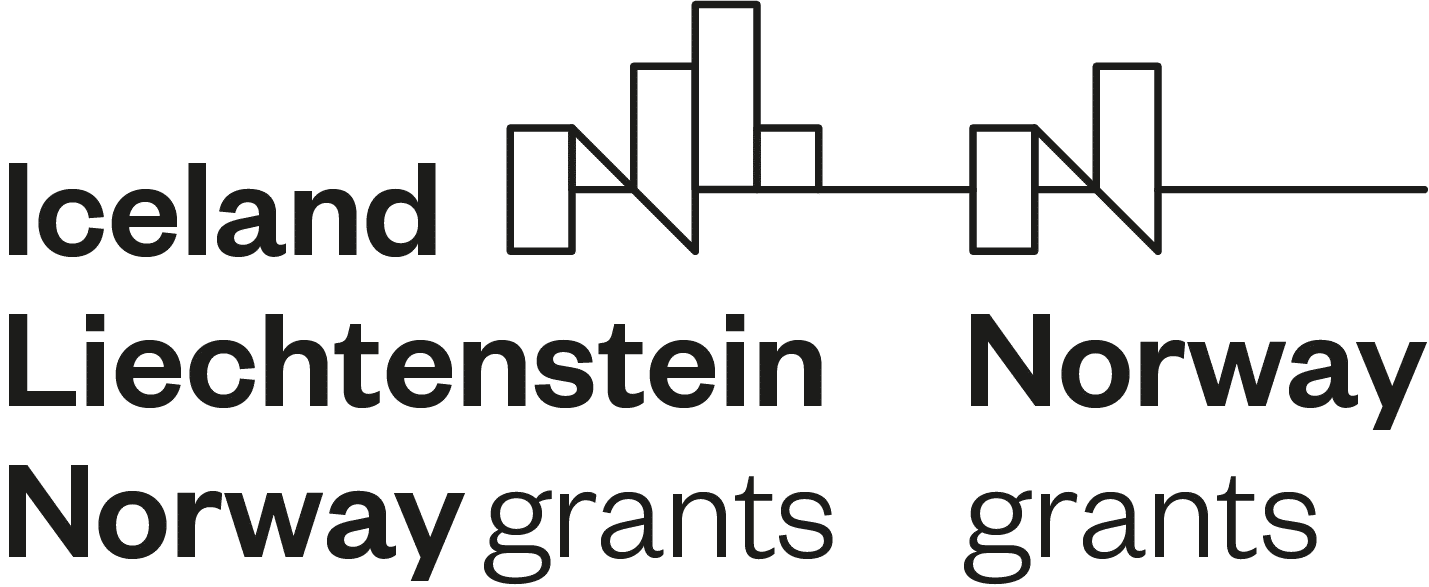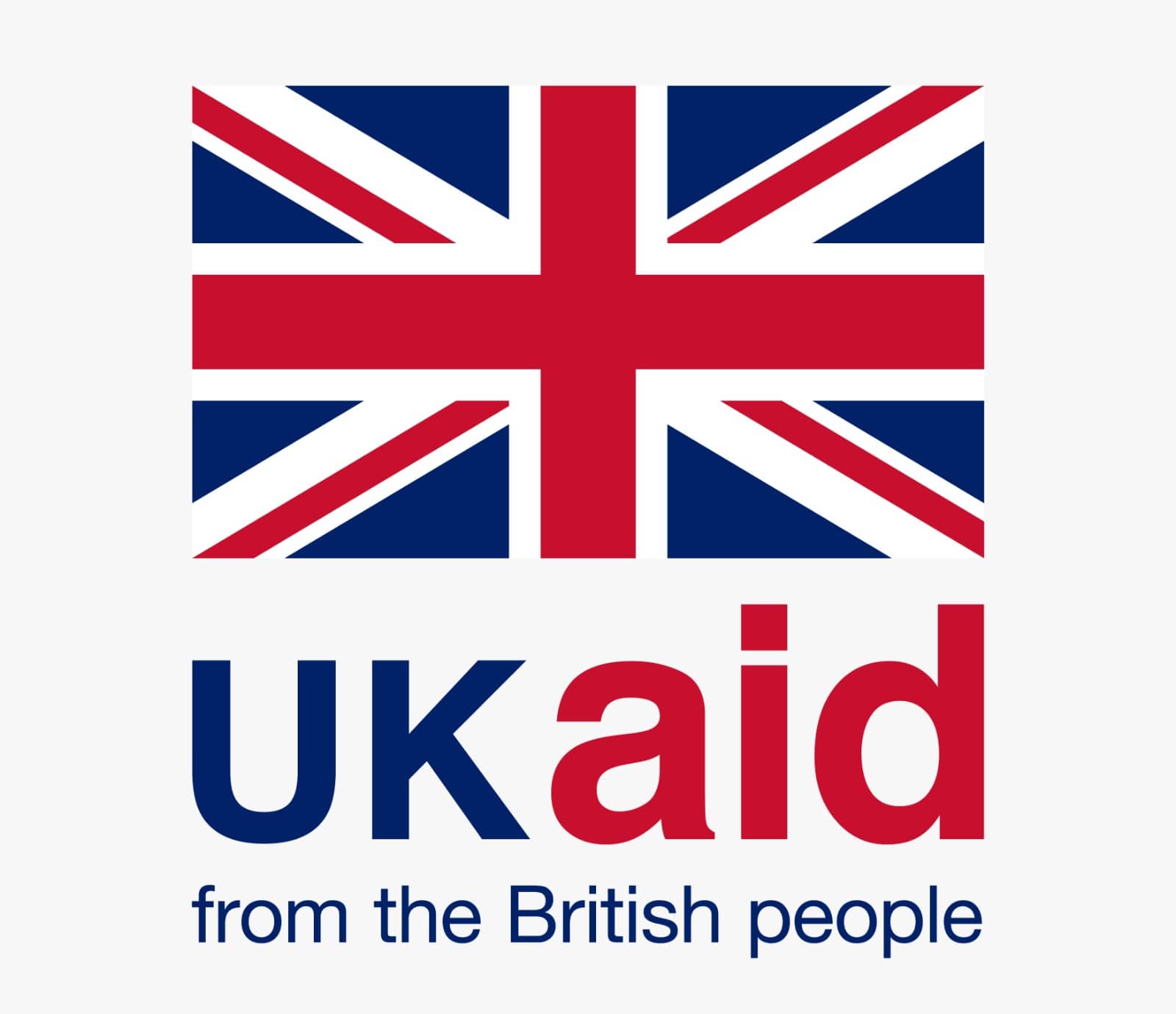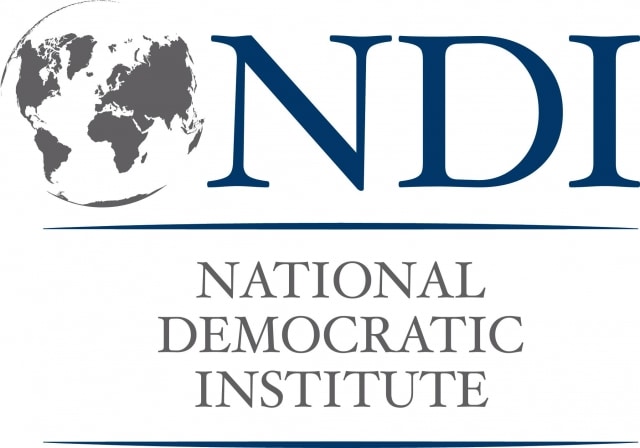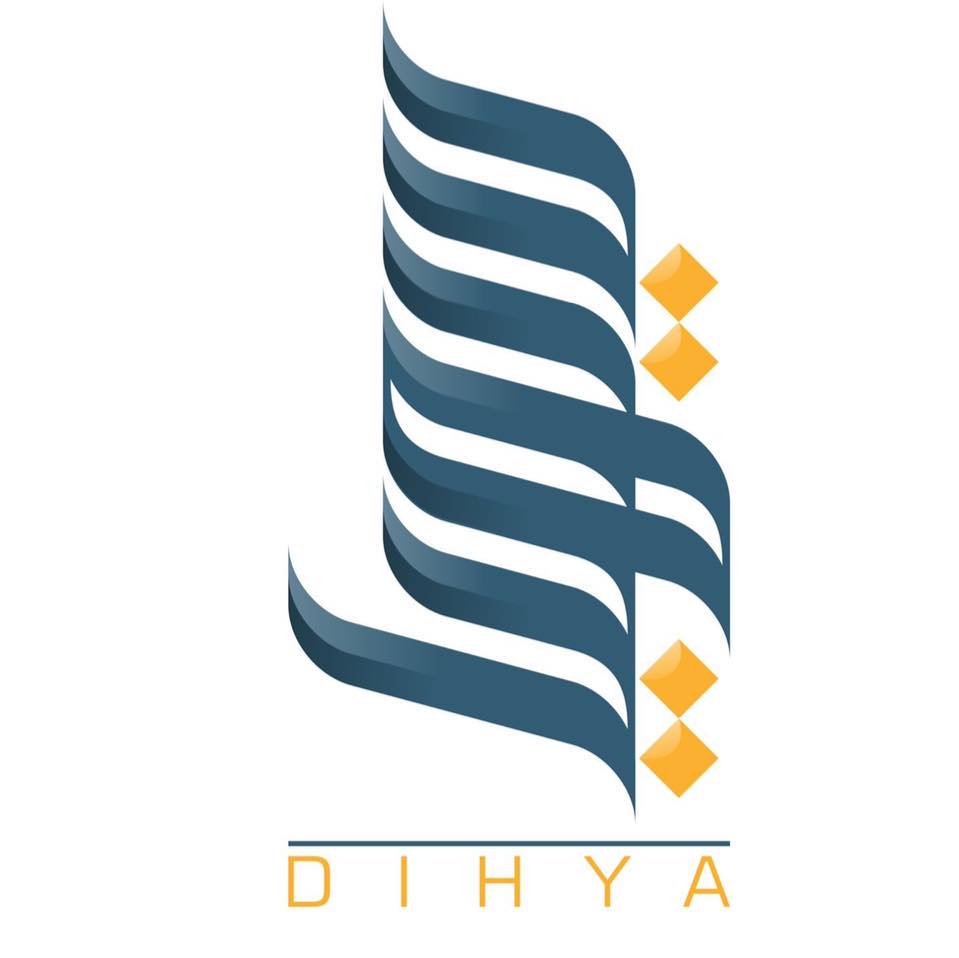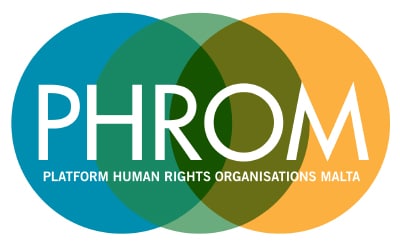Hungary: Optimism Betrayed
A personal reflection
1990: Hope and optimism
In 1989-90, together with other eastern European countries which belonged to the Soviet bloc after World War II, Hungary went through a "peaceful" revolution — a democratic transition from authoritarian state socialism to democracy with free elections and a market economy. The Berlin wall fell, and the political landscape of Europe changed fast and radically as most of us remember those heroic and historic months. A driving aspiration for many new democracies in eastern Europe was accession to the European Union (EU), which was the next crucially important milestone in Hungary's recent history. In joining the EU in 2004, Hungary declared acceptance and adoption of fundamental European values — human dignity, freedom, democracy, equality, the rule of law, and human rights. Today, in 2021, Hungary seems to be moving further and further away from these values. It is becoming marginalised in the European community, which warmly welcomed its new member and ally 15 years ago.
I was 18 years old and a new voter in 1990, when the first free and democratic elections took place in Hungary — something my parents could never experience in their twenties and thirties. Although it was more than 30 years ago, I clearly remember the excitement and the unbroken hope and optimism across my generation: we, young people, just starting our adult life, will live in a free, democratic, prosperous country. I realise now, looking back, how proud I felt to be part of it, to be Hungarian, a member of a nation that chose the right way, was brave enough to change fundamentally and had joined (finally, for the first time in its history) the "good team". We achieved all this without violence, although previous regimes imprisoned and persecuted many who fought for democracy before 1989.
For many, the first disappointment came not long after the changes. Before 1990, Hungary's "five-year plan" economy meant that political decisions defined what should be produced in the country's state-owned factories and cooperatives every five years. The Party controlled prices and salaries. The state guaranteed full employment (as analysts called it "hidden unemployment") even if the workforce's productivity was not high enough. Being unemployed was actually a crime, as the state offered everyone a job. Anyone who did not have a job was labelled a "publicly dangerous quitter". The Communist regime heavily subsidised housing, and education and health care were free. The pension system was generous, mass or deep-poverty was unknown (although oppressed and socially excluded groups, like the Roma minority, lived on much lower standards than the majority during state socialism). Hungary was known as the "happiest barrack in the socialist camp", meaning that people lived in relative social wealth and freedom if, for example, compared with Ceausescu's Romania.
Still, when we visited the "West" (which we were allowed to do once every three years), the enchanting world behind the iron curtain seemed less charming. Arriving in our Trabant to the camping site in Austria, we had to realise that my father's monthly salary as a university professor was not enough for dining out. Even as a child, I understood the tremendous economic, political and social gap between the Eastern and Western parts of Europe.
Being pro-EU is not the same as committing to European values
So, in 1990, besides new political freedoms, the other phenomenon of Hungary's transformation was the rapid conversion to a market economy and capitalism, which came with shady privatisations, sudden wealth for a few, and unemployment for many. One million workplaces disappeared in a country of 10 million people. That was a real shock and disillusionment for many of us in the early '90s. The gained freedom came with the loss of a social safety net for a significant part of the population, creating a tangible nostalgia for the socialist regime.
This is not the forum to review the last 30 years of Hungary's history in detail. But to understand why a significant majority of Hungarian voters have elected Viktor Orbán three times in the last eleven years (even as he continues to alienate the country from its hard-fought-for and welcomed democracy), we must acknowledge peoples' ambivalence to the "benefits" of the transition. We should also admit that being pro-EU (which most Hungarians are) is not equivalent to committing to European values.
The social trauma that accompanied Hungary's transition to democracy means that fundamental democratic values have not taken deep enough root in Hungarian society to withstand the assault from self-proclaimed illiberal doctrine. For many, the desire for economic and physical security outweighs devotion to, or the integration of, human rights, equality, or the rule of law. Populist promises to save us from "marauding migrants" or the "evil Soros plan" resonate among citizens who long for respect and believe that their prime minister can save them from globalists who do not respect their national, Hungarian values.
Where are we now?
So what is the situation in Hungary now? As a Hungarian who decided to leave the country after the last national elections in 2018, I paint a rather dark picture that reflects the personal disappointment of that person who was proud and enthusiastic about the country 30 years ago. I often experience my generation sharing similar grief; the feeling that we have been robbed, our promised, prosperous adulthood in Hungary was stolen.
Based on the analyses of international watchdog NGOs (all of them, our government tells us, part of the mysterious and evil Soros network), Hungary has become less and less democratic in the last decade. In 2021, Freedom House characterised Hungary as "partly free", the only EU member state not ranked in the "free" category. Concerning freedom of expression, in the global ranking of Reporters Without Borders, Hungary slipped from 56th to 89th position since 2013. Similarly, based on Transparency International's Corruption Perception Index, Hungary moved down in its global ranking from 46th to 69th since 2012. But these numbers do not necessarily explain what Hungary is like today.
It is ironic, but Viktor Orbán was a hero of many of us in 1990. Young, liberal democrat, bravely speaking and, because of his age, not tainted by the communist power, he played an active role in demolishing the state socialist system. Now he is a populist, nationalist, far-right politician whose party, Fidesz, was kicked out of the European People's Party and whose mission at EU summits is to delete the word "gender" from communiques.
Hungary is deeply polarised. The pro-and anti-Orbán groups are entirely separate hostile groups living in two different realities with absolutely nothing in common. Most of the media is owned or controlled by the government, while the independent media have moved to the internet, and a small number of independent printed press struggle. The government's content and the independent media are shockingly different; if you read the news from both sources, you can hardly believe it is about the same country.
The media is not the only field that the Orbán government controls. The government transferred most universities to private foundations where board members were appointed based on strict political criteria. The Central European University, which, according to Orbán, is a nest of globalist, genderist, liberal academics, was forced to move to Vienna.
The Orbán government's political, economic and legal reach has resulted in outrageous levels of corruption that, sadly, many citizens have accepted as an unavoidable aspect of political power. Lorinc Meszaros, a plumber and childhood friend of Viktor Orbán, became the country's richest person in recent years, winning tenders funded mainly by the European Union. The Hungarian government has shielded its most important citizens from the consequences of corruption. It generously rescued Orbán's son-in-law, István Tiborcz, when his EU-funded project (Elios) raised the interest of the European Anti-Fraud Office (OLAF). The Hungarian government took over the funding of the project, thereby halting the need for the EU to investigate. Since the supreme prosecutor is an old friend of Orbán, the politically connected do not have much to worry about when crossing the line.
Orbán's social policy is quite clear; it supports the middle class (especially if they have many children), which has a much greater political influence than the poor. People living in poverty, mostly in rural, segregated areas, are offered participation in public work schemes (no free lunch!) where the salaries are hardly enough to survive, but people seem grateful. Public education and the public health system are underfinanced. The COVID-19 pandemic has tragically demonstrated the terrible state of hospitals and the lack of doctors and nurses, many of whom have left the country. Hungary has one the highest per capita COVID-related death rates in the world.
As a perfect symbol of the regime, the government built a football stadium in the village of Felcsút where the football fan Orbán was raised next to his weekend house. The stadium, described by the Guardian newspaper as “more cathedral than stadium”, has a capacity for 3,500 fans, although the village only has 1,700 inhabitants.
There is so much more to tell… My two elder children will vote in the Hungarian national elections next year. They are full of hope that Hungary can change to a democratic and prosperous country.
They should not be disappointed.

Eszter Kósa is BCI's Programme Manager. She has spent her life as an activist working for a more just and inclusive society. In 2018, with a heavy heart, Eszter and her family left Hungary and settled in Malta.


